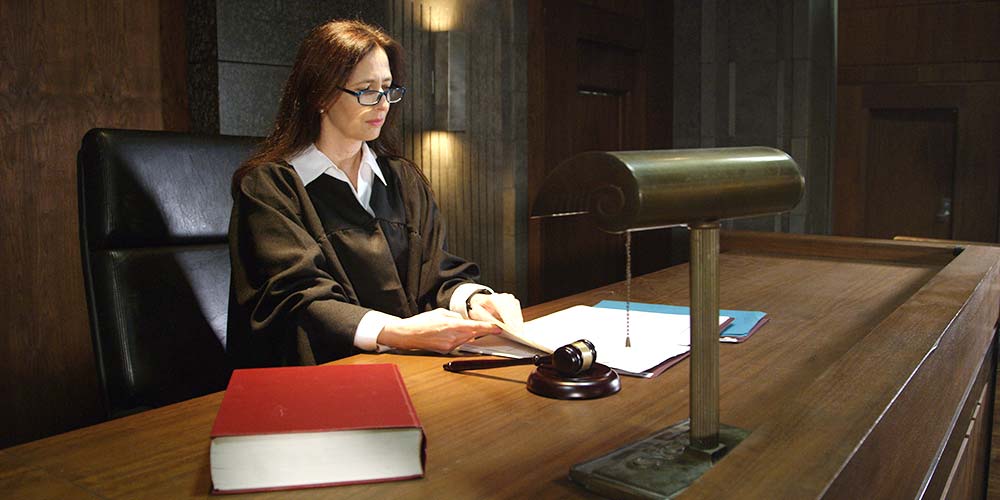Preparing for your remote court hearing can be a daunting task. Whether this is your first remote proceeding or whether you’re a seasoned professional, there’s always something more to learn. Although the process can feel unnatural, it can also be very effective if you commit to the proper preparation.
In this article, we’ve put together a list of the top considerations you can address as you prepare to conduct remote hearings.
Expect Complications to Arise
One of the first things you can do is accept the reality that all hearing participants are working from home. This means that you may encounter technical difficulties, unreliable internet connections, and unexpected interruptions. Try to take these moments in stride, as they are unavoidable.
Every participant in your hearing increases the risk of technological disruption or errors. When scheduling, be sure to allow ample time for everyone to connect successfully and resolve any unexpected issues.
Be Wary of Technological Prejudice
Internet connectivity can vary dramatically between geographic locations. Some areas may not have access to high-speed browsing. Furthermore, some remote hearing participants may not have the financial resources to pay for premium internet speeds, even if they are available. Unfortunately, poor connectivity can create a negative bias and hinder your argument – especially if it causes significant disruption. When you’re working with a witness, try to ensure that both of you have access to reliable computers and internet for the duration of the remote hearing. If you cannot make these arrangements, consider seeking advance relief before a remote, technology-assisted hearing occurs.
Plan Exhibit Logistics Carefully
When an exhibit is critical to your argument, you can’t leave anything to chance. In a remote court hearing, you’ll want to ensure that all participants receive copies of the materials in advance. Try compiling them into a single folder using easily identifiable filenames. Creating a hyperlinked index can also help guide your audience to the appropriate files.
Many video conferencing programs allow participant screen-sharing, which can be used to share visual exhibits in real-time. If you are planning to share your screen, be sure to familiarize yourself with the process or consider working with a legal support service like First Legal. Our experts can join your conference and manage the exhibit presentation – allowing you to focus on your argument.
Identify Yourself Often and Provide Frequent Clarifications
Video and teleconferencing systems sometimes lag and suffer from poor audio quality. When this happens, it jeopardizes the accuracy of the record. Court reporters often transcribe in real-time, and they cannot attribute statements to the appropriate party if they cannot discern who is speaking. To avoid disruptions, try to identify yourself each time you begin speaking. This is especially important for teleconferences and large video hearings. If possible, and with permission from the court, try to work with opposing counsel to establish procedures and ground rules before the hearing.
Final Thoughts
Thanks for reading! We hope these tips have helped you prepare for your remote court hearing. If you enjoyed this article, let us know in the comments and feel free to share it on social media. As you adapt to remote hearings, please feel free to reach out to us with any questions. Remember: we’re here for you from File Thru Trial™.





